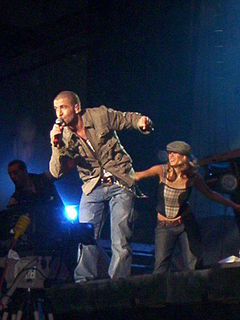A Quote by Joseph Addison
Simonides, a poet famous in his generation, is, I think, author of the oldest satire that is now extant, and, as some say, of the first that was ever written.
Related Quotes
Odysseus inclines his head. "True. But fame is a strange thing. Some men gain glory after they die, while others fade. What is admired in one generation is abhorred in another." He spread his broad hands. "We cannot say who will survive the holocaust of memory. Who knows?" He smiles. "Perhaps one day even I will be famous. Perhaps more famous than you.
Richard Hofstadter, in his famous book which was written in the time of the McCarthy period in the 1950 and 1960s, Anti-intellectualism in American Life, talks about the deep hatred that some Americans had for what they consider to be elitist intellectual activity. I think that's what's happening now.
I wrote poetry for seven or eight years, maybe longer, before I could say I was a poet. If people asked, I'd say I wrote poetry; I wouldn't go further. I was in my mid- to late-thirties before I felt that I was a poet, which I think meant that I had begun to embody my poems in some way. I wasn't just a writer of them. Hard to say what, as a poet, my place in the world is. Some place probably between recognition and neglect.
I tell the truth and I don't try to sugarcoat things. But I also decided that if you don't use humor or satire, then it's just too dark all the time. And one of my favorite literary works is A Modest Proposal by Jonathan Swift. As you know, that was an enormously famous satire piece that was able to point out, you know, things to people in a different way. And I do believe that satire and humor can reveal truth in a way that sometimes doesn't get revealed through other means. And so I decided to, every now and then, use satire and humor as well.





































